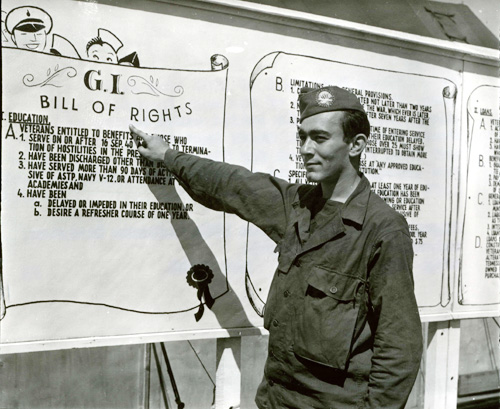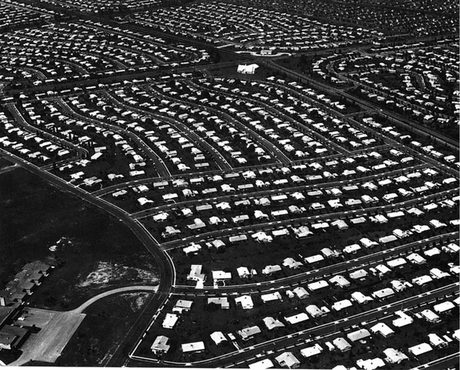The Servicemen's Readjustment Act of 1944 (G.I. Bill)
The Fear Whites Have
"If black soldiers thought they would come home to a change at equal opportunity, whites, determined to maintain the status quo, were one step ahead of them. They were resolved to squelch any ideas held by blacks that an overseas victory would improve their status from second-class status back in the United States. Whites held a deep-seated fear that returning black soldiers would return home empowered and emboldened, educated and combat ready, determined to secure their long denied civil rights." - Cyd McKenna


